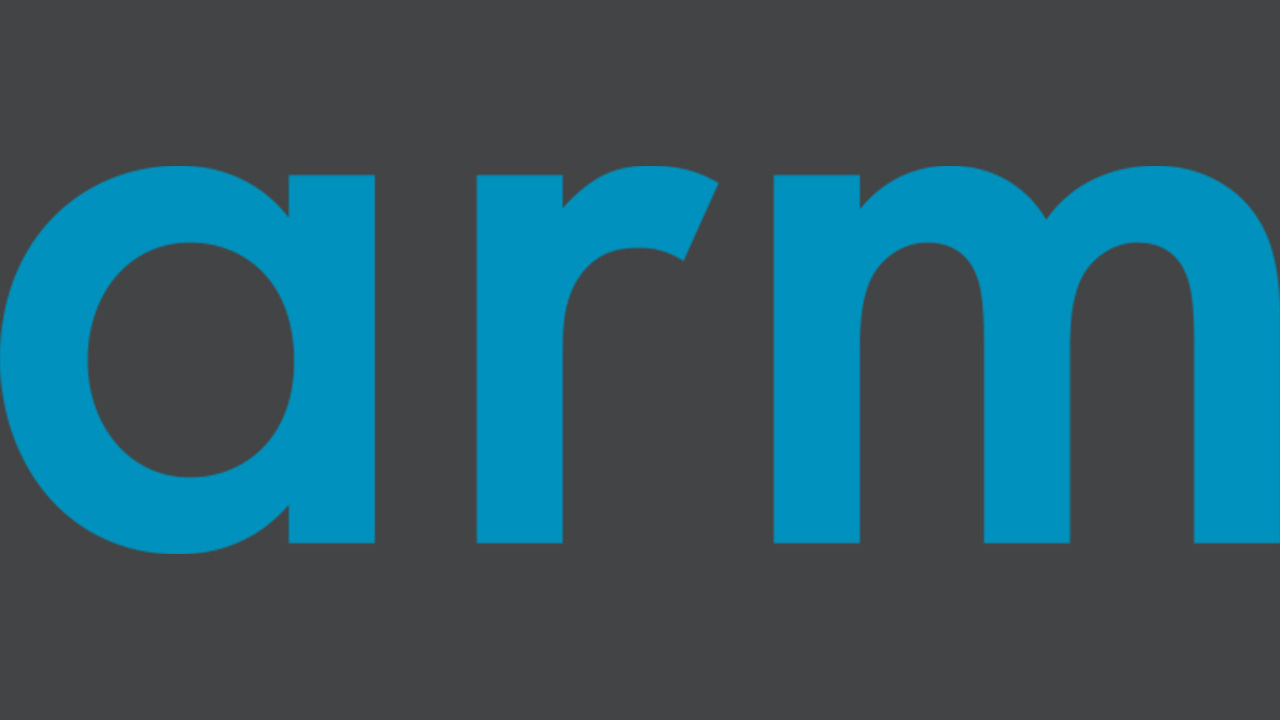Arm, Apple's PC Market Share Shrinks as x86 Rebounds: Mercury Research
Arm's SoCs were in 10.6% of PCs in Q3 2023.

Declining sales of Apple's Mac computers in recent quarters couldn't help but influence the share of Arm-based processors in PCs overall. While shipments of Arm system-on-chips (SoCs) grew in the third quarter, sales of x86 CPUs grew more significantly, which reduced Arm's share compared to the prior quarter, according to Mercury Research.
Mercury Research believes that Arm system-on-chips (SoCs) commanded 10.6% of PC market share in Q3 2023, a nice result compared to 2020 (between 2% and 3%), but well below a 14.6% share they had in the same quarter a year ago. Meanwhile, Intel sold 70% of client CPUs in Q3 2023, whereas AMD's share on the market of client PC processors was 19.4%, based on the numbers published earlier this week.
The lion's share of Arm-based processors for PCs are shipped by Apple inside Macs. There are also systems based on Qualcomm's Snapdragon SoCs for laptops as well as cheap Chromebooks running processors from a variety of suppliers including Qualcomm and MediaTek.
| Arm vs x86 Market Share | 3Q23 | 2Q23 | 1Q23 | 4Q22 | 3Q22 | 2Q22 | 1Q22 | 4Q21 | 3Q21 | 2Q21 | 1Q21 | 4Q20 | 2Q20 |
| Arm Unit Share | 10.6% | 11.1% | 14.8% | 13.3% | 14.6% | 9.4% | 11.3% | 10.3% | 8.9% | ~7.0% | 5.9% | 3.4% | Less than 2% |
"We believe that the Arm PC CPU market grew respectably in the third quarter, with both Apple's Mac and Arm-based Chromebook shipments increasing in the quarter," said Dean McCarron, the head of Mercury Research. "However due to the x86 shipment rebound as inventory corrections were reduced, Arm's share of the overall market was lower."
It should be noted that Mercury's numbers reflect shipments of chips to PC makers and retailers that will be used in actual systems later on. When shipments of AMD and Intel increase based on numbers from Mercury Research, this means that PC makers and retailers share sentiment that they will sell products based on these CPUs (or CPUs themselves) in the coming weeks, months, or quarters.
With Arm-based SoCs, the situation is a bit different. Apple, which commands most of the Arm processors for desktops and laptops, hardly shares the number of processors it procures from TSMC or ships to its manufacturing partners. Meanwhile, it is fairly easy to estimate the number of PCs and CPUs that Apple sells through on the market.
"Our estimate for Arm PC client share (including Chromebooks and Apple's M-series based Macs with x86 desktop and mobile CPUs in the total client size estimate) in the third quarter is 10.6%, down from an revised second quarter estimate of 11.1%," explained McCarron. "We note that Arm's share of the Chromebook market is likely much higher than in the prior quarter due to Intel's declines in entry-level CPU shipments — this decline reversed a surge in X86 products seen last quarter which had lowered Arm's share in Q2."
Get Tom's Hardware's best news and in-depth reviews, straight to your inbox.

Anton Shilov is a contributing writer at Tom’s Hardware. Over the past couple of decades, he has covered everything from CPUs and GPUs to supercomputers and from modern process technologies and latest fab tools to high-tech industry trends.
-
bit_user I haven't really followed the Chromebook market, but it seems to me that it's suffered some stagnation. To counter Alder Lake-N, they probably need some A77 or A78 cores in there, but last I checked it seemed like Chromebooks were still using like A72 cores.Reply
I think when Microsoft's exclusivity agreement with Qualcomm ends (next year), the laptop ARM SoC market will become more energized, having some spillover effect on the Chromebook market.
Anyway, I wouldn't make too much of the current dip. If you look at the year-on-year numbers, this is actually the first time it's been down. -
Bullet Punch Reply
Theres atleast one hp chromebook with a kompanio1200, a78 cores.bit_user said:I haven't really followed the Chromebook market, but it seems to me that it's suffered some stagnation. To counter Alder Lake-N, they probably need some A77 or A78 cores in there, but last I checked it seemed like Chromebooks were still using like A72 cores.
I think when Microsoft's exclusivity agreement with Qualcomm ends (next year), the laptop ARM SoC market will become more energized, having some spillover effect on the Chromebook market.
Anyway, I wouldn't make too much of the current dip. If you look at the year-on-year numbers, this is actually the first time it's been down. -
bit_user Reply
That's a fairly recent SoC. It seems that model launched nearly 1 year ago. I can't find it for sale in the US, but a price I found on the 33.8 cm x360 Chromebook in India (incl. taxes) is $540, which is certainly one of the more expensive Chromebooks out there.Bullet Punch said:Theres atleast one hp chromebook with a kompanio1200, a78 cores.